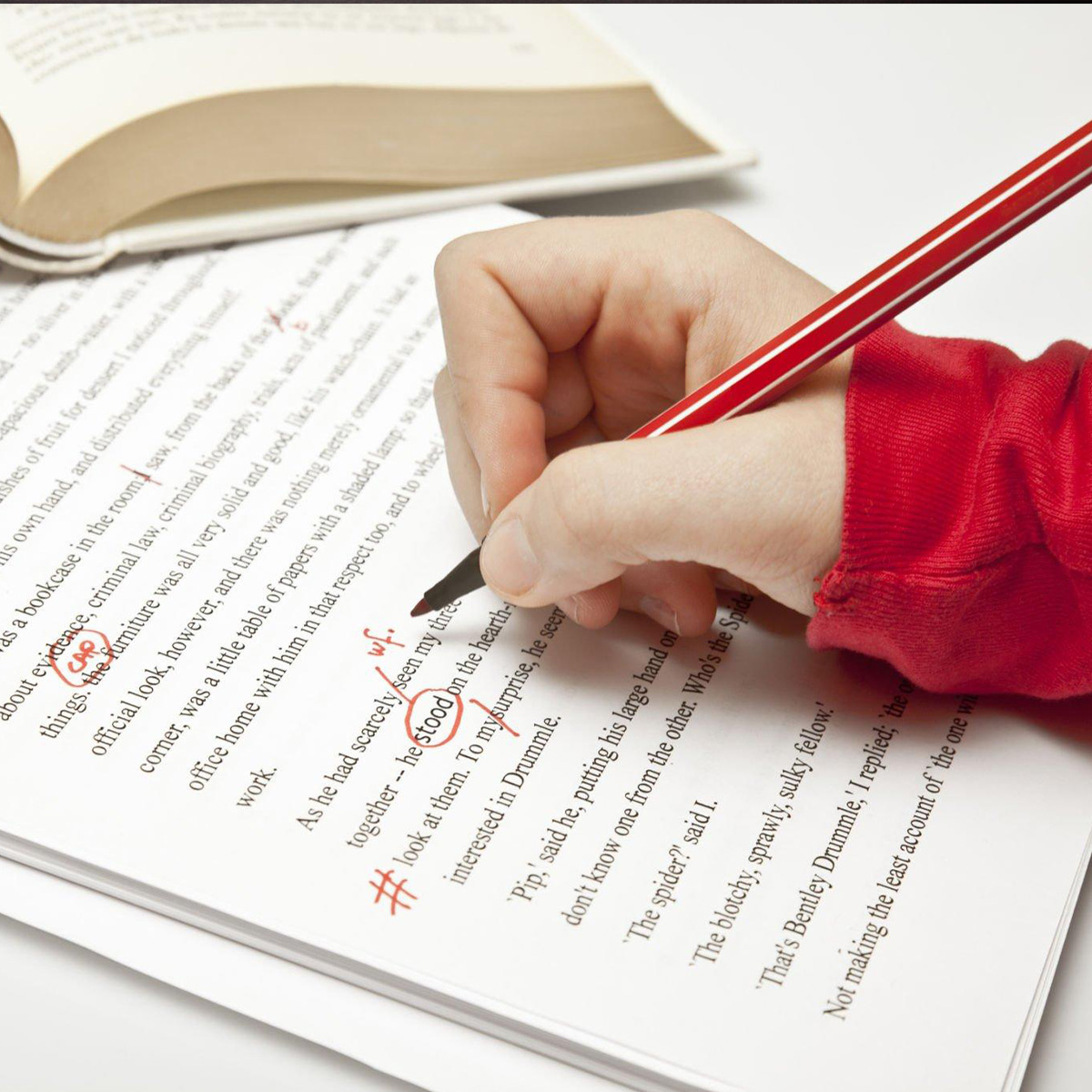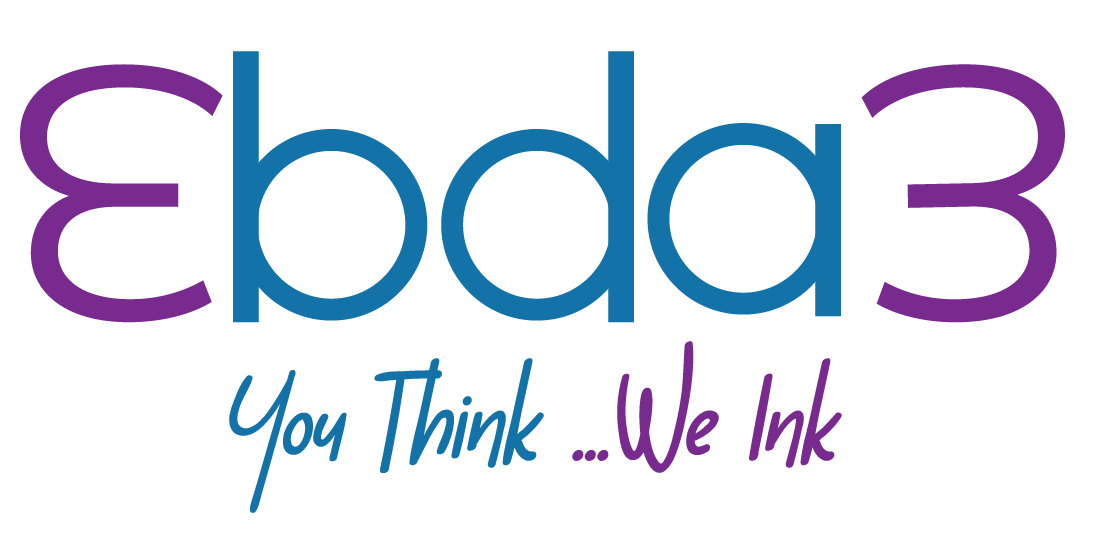A step-by-step guide to become a Proofreading

If you’re a keen reader and looking for a way to turn it into a career, proofreading could be the path for you. Proofreaders work in multiple industries, including publishing, content and marketing. Knowing how to become a proofreader is the first step to beginning your career in this exciting field. In this article, we look at the skills, qualifications and experience necessary to become a proofreader and what it’s like in the role.
How to become a proofreader?
Each proofreader job description contains company-specific responsibilities, but the heart of any proofreading role involves meticulously reviewing a piece of writing to ensure it is at its best. Proofreaders catch spelling, grammar, and punctuation errors. They also look at the formatting to make certain all elements are included and appear as they should—spotting things like a sentence appearing twice or accidentally getting omitted, a headline failing to show as bold, or the date missing from a document.
Learning how to become a proofreader starts with proving to an employer that you have the qualities required to be successful. These are qualities such as attention to detail, good spelling and understanding of grammar. This often means gaining relevant qualifications and experience in the field, with the most common forms of entry into this career being English and journalism degrees or internships at publications and publishing houses.
Follow these four steps to start your proofreading career:
1. Get a degree
Whilst a degree is not always a necessity for proofreading positions, most employers want candidates to have a degree in English, journalism, or a related essay subject. This helps you demonstrate excellent spelling, grammar, and writing skills while showing employers you can manage your time and meet deadlines. To boost your CV further, you could consider applying to a Masters program in proofreading, editing, or a similar field. If you don’t have a degree, at a minimum, you need a good grade in your English GCSE and ideally in written subjects such as English or History A-levels.
2. Develop your skills in proofreading
Before you can secure a job, you need the necessary skills to be a successful proofreader. Experience in working with style guides and correcting documents for spelling and grammar is important in any proofreading career. It’s possible to gain this experience in professional roles in marketing, publishing, internships and work experience. You could also offer your services on a voluntary or freelance basis to local businesses, students and friends.
3. Write a proofreading CV
Once you have the qualifications and skills to be a proofreader, you can create a CV and tailor it to the roles you’re applying for. Include a concise summary of your proofreading experience on your CV and details about your skills, including those developed in education and through work. Showing an ability to work with others, communicate clearly with clients or colleagues, and manage your own workload are some of the most beneficial skills to have in a proofreading CV.
4. Apply for positions
Once you’ve written an exceptional proofreading CV, you can begin applying for positions in proofreading. If you have no formal proofreading experience, you could start by applying for internships at publishing houses. Once you have some professional experience in proofreading your CV, you can apply for editorial assistant roles at publishers, media outlets, and digital startups. You can get more proofreading experience as an editorial assistant, which prepares you for applying for your first position as a full-time proofreader.
What makes a good proofreader?
To become a proofreader, you need excellent reading and writing skills. Some of your duties include quickly reading through large volumes of text, working well with colleagues to meet deadlines and actioning edits. Below are some of the most important skills that are required of every proofreader. These are essential to develop if you’re hoping to take this career path.
Learn more about: Editing and Proofreading





